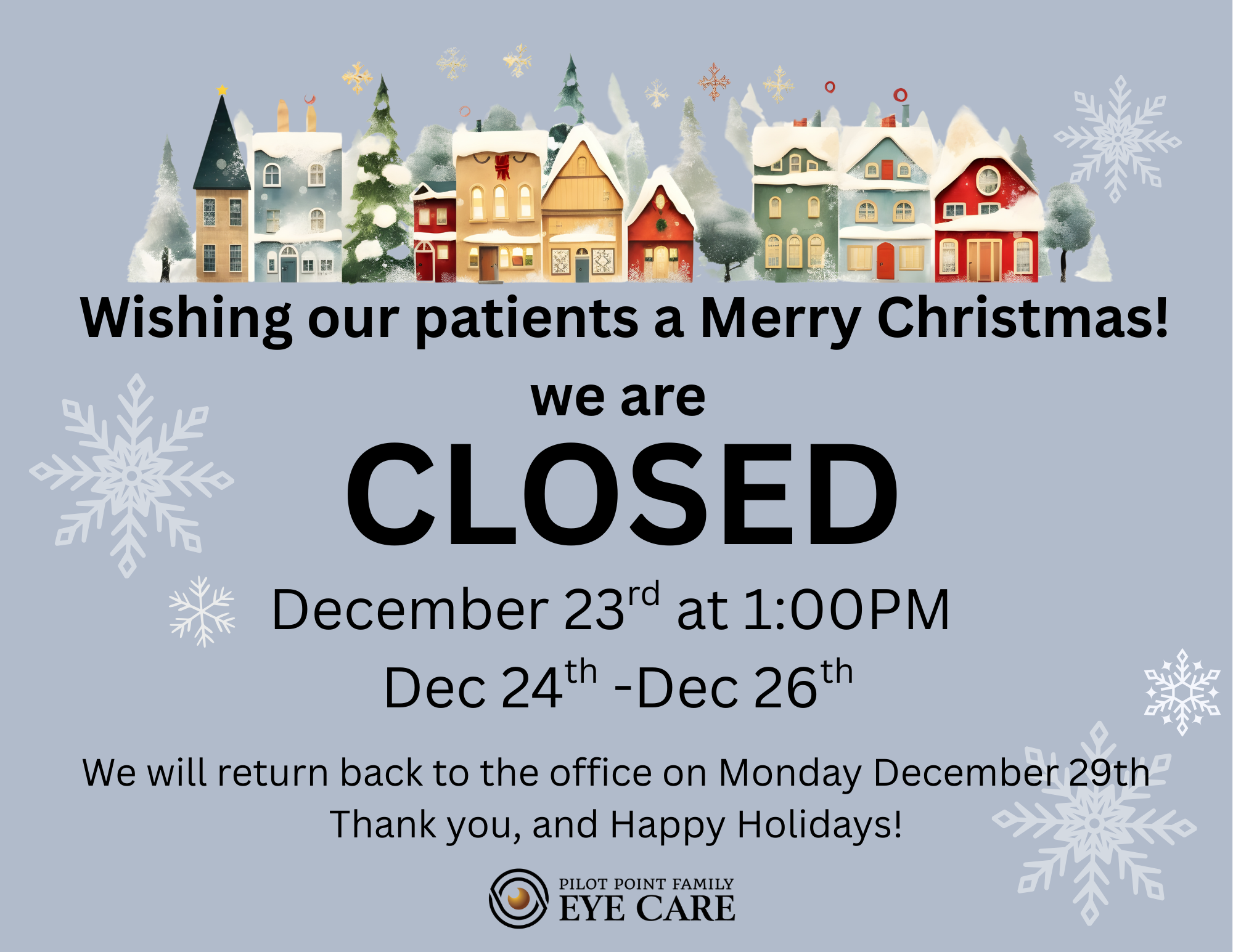
Myopia, commonly known as nearsightedness, is a refractive error that affects millions of people worldwide. This condition occurs when the eye elongates more than it should, causing light rays to focus in front of the retina instead of directly on it. As a result, distant objects appear blurred or distorted.
Understanding Myopia
The exact causes of myopia are not fully understood, but research suggests that both genetic and environmental factors play a role. Individuals with a family history of myopia are more likely to develop the condition. Additionally, factors such as excessive near work, lack of outdoor time, and poor lighting conditions can contribute to the development and progression of myopia.
Common symptoms of myopia include:
- Squinting or partially closing the eyelids to improve vision
- Frequent eye strain or headaches
- Difficulty seeing distant objects clearly, such as road signs or whiteboards
- Sitting closer to the television or computer screen
If you experience any of these symptoms, it's essential to schedule an eye examination with an optometrist for proper diagnosis and treatment.
The Importance of Myopia Management
While myopia can be corrected with glasses or contact lenses, it is crucial to manage and control its progression, especially in children and adolescents. Uncontrolled myopia can lead to a higher risk of developing serious eye conditions later in life, such as retinal detachment, cataracts, glaucoma, and myopic macular degeneration.
Myopia management aims to slow down or halt the progression of nearsightedness, reducing the risk of associated complications and improving overall eye health. By implementing effective strategies early on, individuals can potentially avoid the need for stronger corrective lenses and reduce the likelihood of developing vision-threatening conditions.
Frequently Asked Questions About Myopia Management
- When should myopia management begin?
Myopia management is typically recommended as soon as nearsightedness is detected, especially in children and adolescents. Early intervention can be more effective in slowing down the progression of myopia.
- Is myopia management safe for children?
Yes, myopia management techniques are generally safe when prescribed and monitored by a qualified eye care professional. However, it's essential to follow the instructions carefully and attend regular follow-up appointments to ensure proper treatment and monitor any potential side effects.
- How long does myopia management treatment last?
The duration of myopia management treatment can vary depending on the individual's age, degree of myopia, and the specific technique used. Some treatments, such as atropine eye drops or orthokeratology, may need to be continued until the eye stops growing, typically in the late teens or early twenties.
- Can myopia management prevent the need for glasses or contact lenses?
While myopia management can slow down or halt the progression of nearsightedness, it may not completely eliminate the need for corrective lenses. However, by managing myopia effectively, individuals may require less powerful prescriptions, reducing the risk of associated complications.
- Are there any side effects associated with myopia management techniques?
Like any medical treatment, some myopia management techniques may have potential side effects. For example, atropine eye drops can cause temporary light sensitivity or blurred near vision, while orthokeratology may initially cause mild discomfort or corneal abrasions. Your eye care professional will discuss any potential side effects and monitor your progress closely.
- Is myopia management covered by insurance?
Coverage for myopia management techniques may vary depending on your insurance provider and plan. Some plans may cover certain treatments, while others may not. It's essential to check with your insurance company and understand the specific coverage details before starting any myopia management treatment.
- Can myopia management be combined with other treatments?
In some cases, myopia management techniques can be combined with other treatments, such as glasses or contact lenses for correcting residual refractive errors. Your eye care professional will determine the most appropriate combination of treatments based on your individual needs and circumstances.
Navigating Myopia with the Help of Pilot Point Family Eye Care
While myopia management techniques continue to evolve, it's essential to prioritize regular eye examinations and follow the recommendations of your eye care professional. By taking a proactive approach to managing myopia, you can help preserve your vision and reduce the risk of associated complications, ensuring a lifetime of clear and healthy sight.
If you have further questions or concerns about myopia management, schedule an appointment with our experienced optometrist. We offer comprehensive eye exams and personalized treatment plans to help you or your child effectively manage myopia progression. Visit Pilot Point Family Eye Care at our office in Pilot Point, Texas, or call (940) 248-9868 to book an appointment today.












